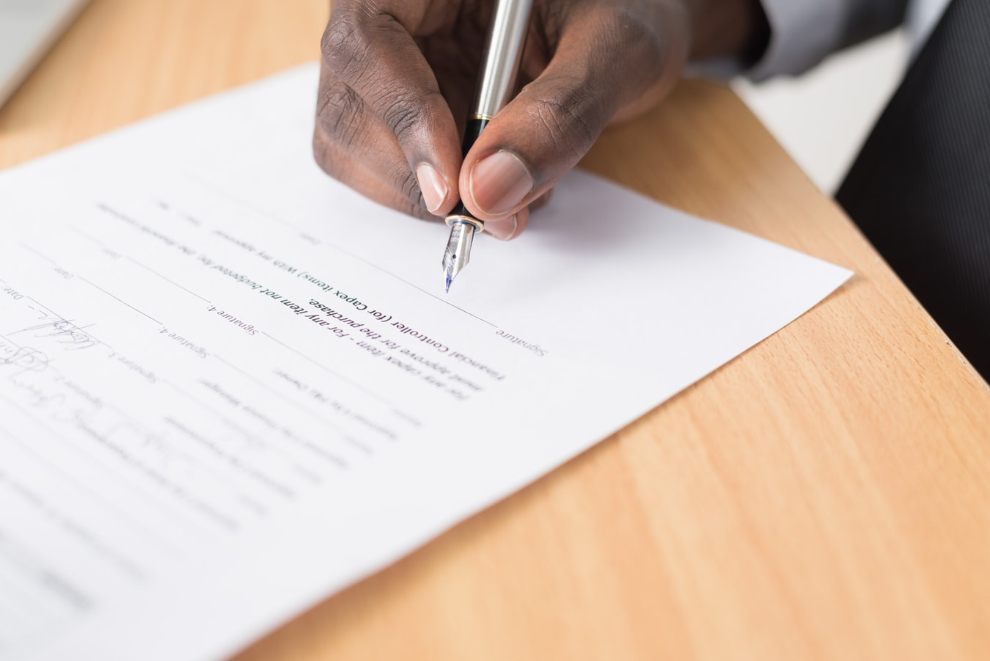
How to Use Bankruptcy Laws to Your Advantage
When you fall on hard financial times, you may be overwhelmed by such heavy debts that you may end up failing to repay them. Unprecedented job losses can lead to loss of income making it that much harder to manage your debts. One way of remedying this precarious situation is to file for bankruptcy where a trustee takes over your loans. Bankruptcy should come as a last resort since it can impact your credit history for up to 10 years, which means you may not be eligible for any new funding during this period. However, bankruptcy also comes with some benefits since you can use it to restart your financial history. Read on to learn how to use bankruptcy laws to your advantage.
Dischargeable Debts
A dischargeable debt is one that you can cancel or discharge following the successful filing of bankruptcy. Examples of dischargeable debts include personal loans, utility bills, and credit card debt. The cancellation of some of these debts will give you financial relief so that you can focus on repaying bigger debts. In other words, you will get the opportunity to concentrate on larger issues that impact your credit score. You can also dispose of some of your assets to cover debts that are not dischargeable, so you can build your financial history.
Choose the Right Bankruptcy Chapter
You can consider Chapter 7 or Chapter 13 bankruptcy, but you should undergo counseling first. Expert bankruptcy lawyers at https://tlbrownlaw.com/practices/bankruptcy-attorney/ explain that the process of filing for credit relief can be more successful when you have the help of a professional bankruptcy lawyer with knowledge about how the system works. When you choose Chapter 7, you can lose some of your property while Chapter 13 requires you to keep your property.
With the assistance of a professional attorney, you can negotiate new terms for the repayment of your loan while you keep your property. It is not surprising that you can manage to repay your debt earlier than anticipated if you try to find other avenues that can help you get money to cover your outstanding loans. Apart from the stigma that is often associated with bankruptcy, the laws indicate that you can use this message to your advantage so that you can restart your financial journey.
Automatic Stay Against Creditors
Once you successfully file bankruptcy, the court gives you an automatic stay against any debt collection activity. This means that all those incessant calls from the debt collectors will cease. You can once again enjoy peace of mind while you plan a better strategy to recover from your current situation. An automatic stay against the creditors does not necessarily cancel your debt, but it helps stop all the collection proceeding until your case is discharged.
You can enjoy several advantages that come with bankruptcy, such as the cessation of letters or calls from debt collectors together with lawsuits on your debts. Bankruptcy will also stop home mortgage foreclosures and wage garnishments depending on the chapter that you use. Property repossession also stops when you successfully file for bankruptcy. Bankruptcy laws help shield personal assets like tools of the trade, household property as well as retirement savings. This limits the creditors' powers to repossess certain items from you while you settle your principal loan.
The law stipulates that once you have been granted an automatic stay, a creditor cannot demand debt from you. Any attempt to recover credit from you by the creditor will be a violation of the law. Your attorney can file for contempt of court against the creditor. The court is empowered to stop the creditors from harassing you, or else they can be fined or asked to pay damages to you.

Improve Credit Score
Bankruptcy details will remain on your credit record for 7 to 10 years, but the good news is that the credit scores will start improving after filing for bankruptcy. When you file for bankruptcy, you undergo serious transformation such as learning financial discipline such that you would like to see a repeat of a similar situation. When your bankruptcy is discharged, it means that you will be able to rebuild your credit history even after waiting for 10 years. It is better to be late in rebuilding your credit history than never.
When your dischargeable debts are canceled, you also get the opportunity to move on with a clean sheet that will help you rebuild your credit. Low credit score and poor credit history do not stay permanently on your report. Therefore, the good news is that you can leverage this opportunity to ensure that you start afresh and clear your record so that you can access loans once again to purchase different items that you may need.
How to Leverage Bankruptcy
When you file for bankruptcy, there are other benefits that you can utilize to regain your financial status. During bankruptcy, you can learn different things that can give you financial discipline. For instance, you will realize the importance of timely payment of your bills and avoiding unnecessary credit. You can also use bankruptcy to create a stick to a personal budget that can help you to live by your means. Bankruptcy can have some negative impacts on your credit score, but you will realize that it can bring you some advantages in the long run.
When you declare bankruptcy, you can get the opportunity to rebuild your tainted financial history so that you will be able to access credit once again. A bankruptcy trustee takes over your loan which gives you peace of mind since creditors cannot follow you making demands for repayment of the money you owe. When a trustee takes over your loans, you can work out a plan to rebuild your financial credit history so that you can once again enjoy a normal life. Very few people if any can survive without borrowing money from lenders to cover various needs in their lives. While bankruptcy should come as a last resort, you can use it to your advantage to take corrective measures to improve your credit history and score.




















